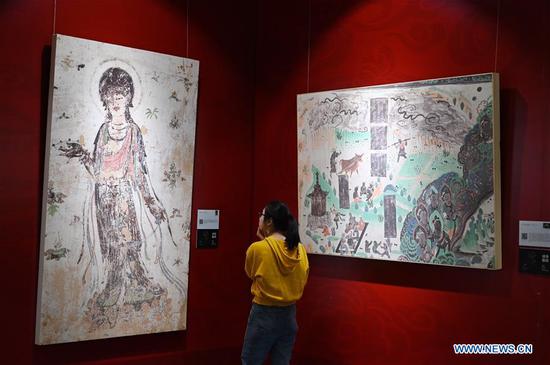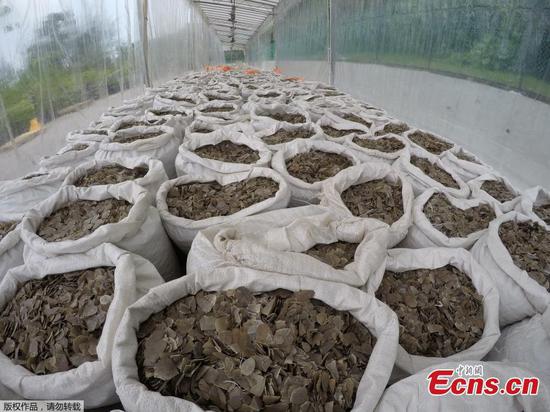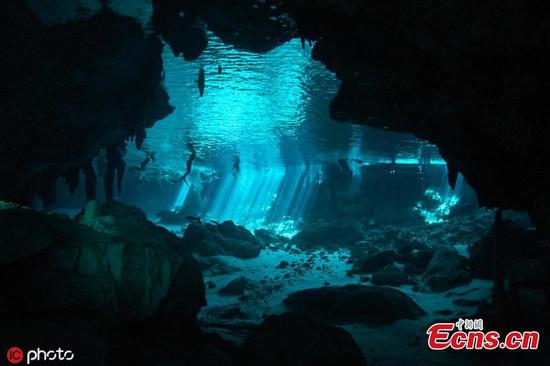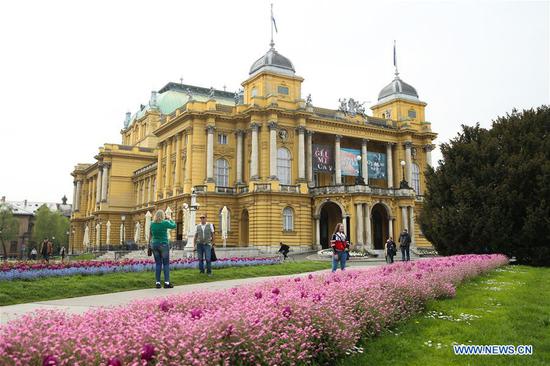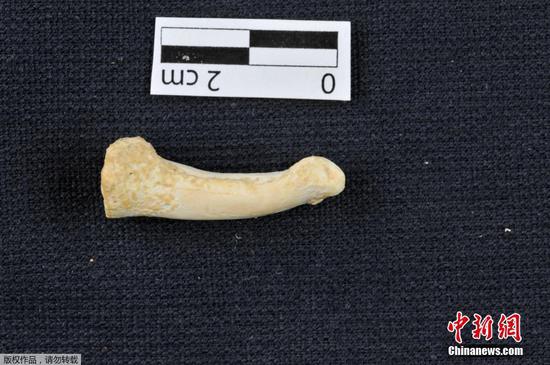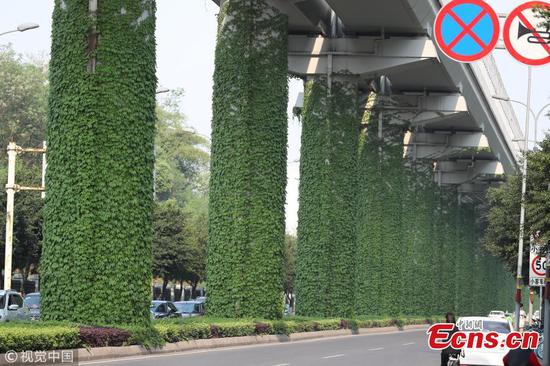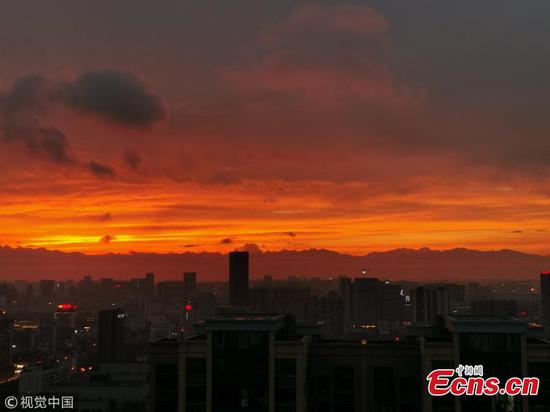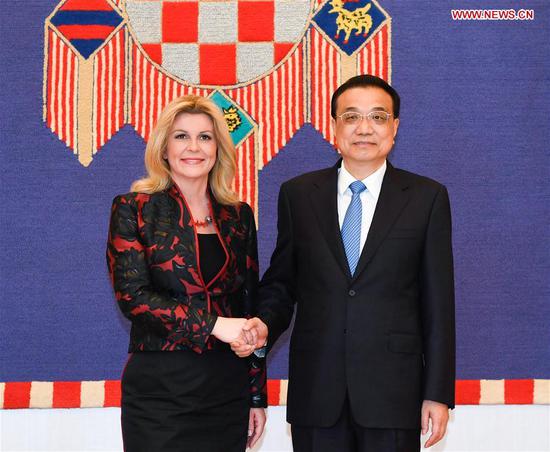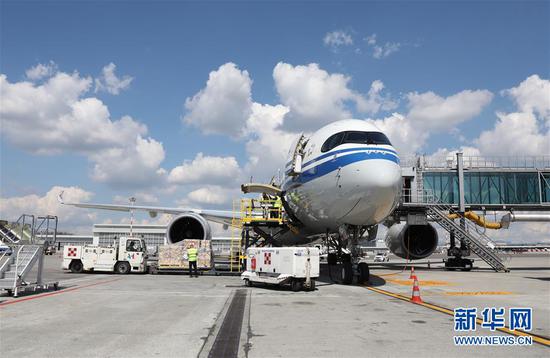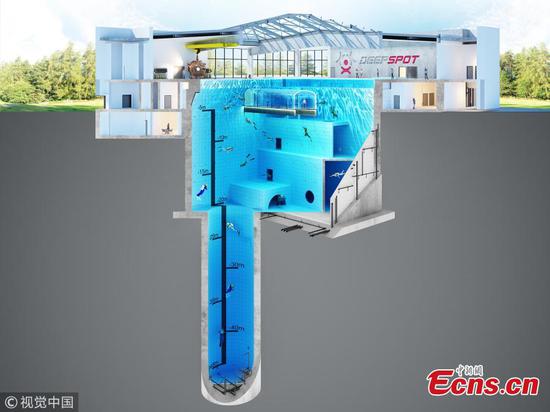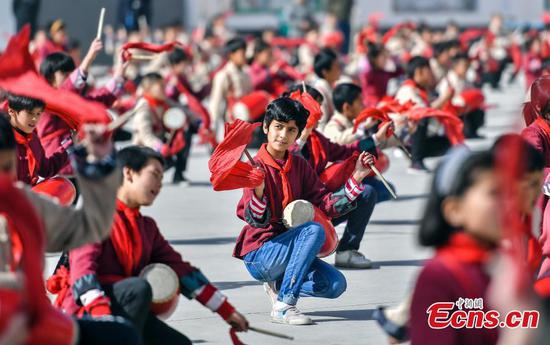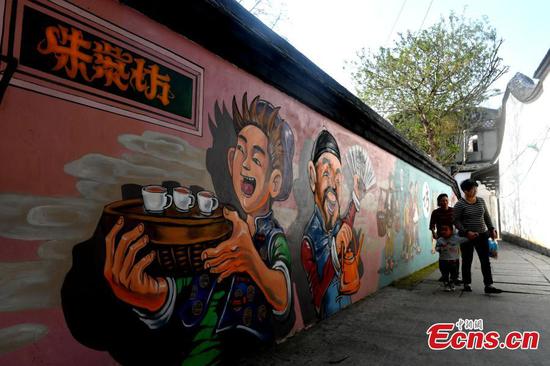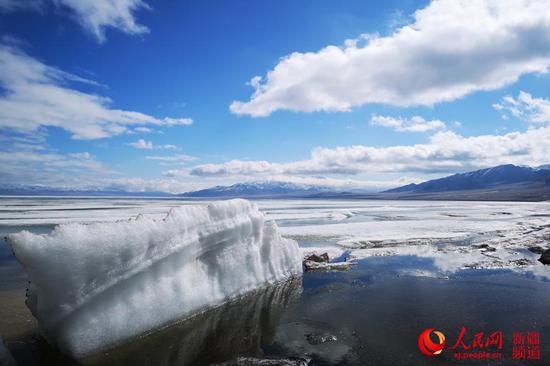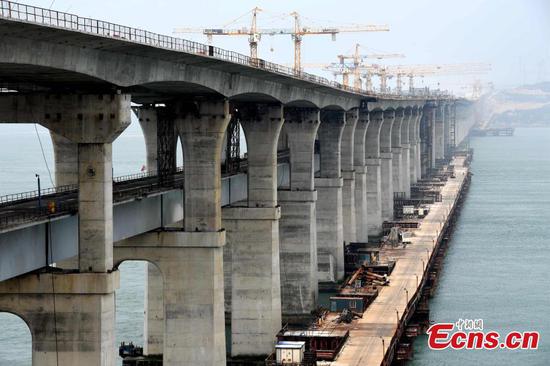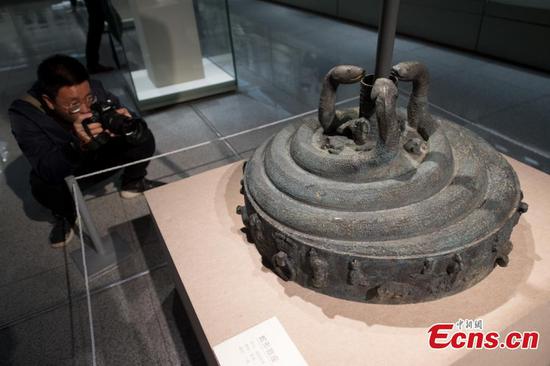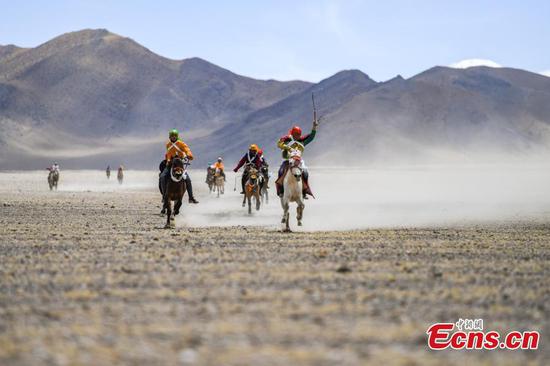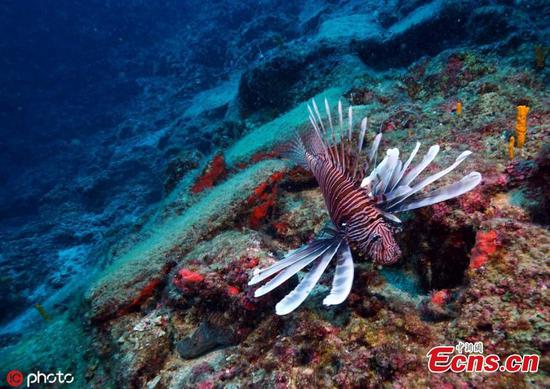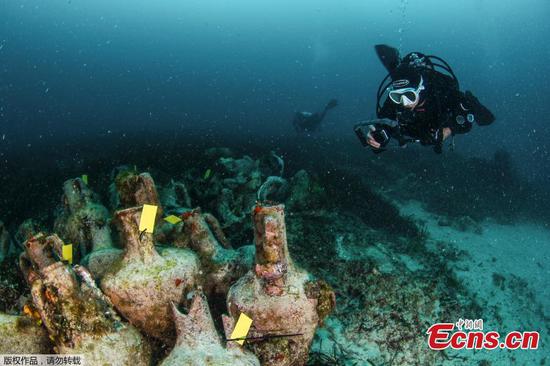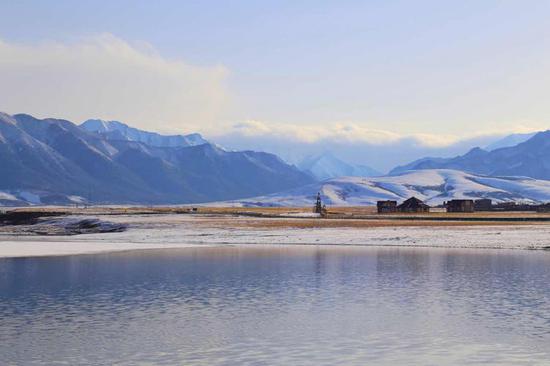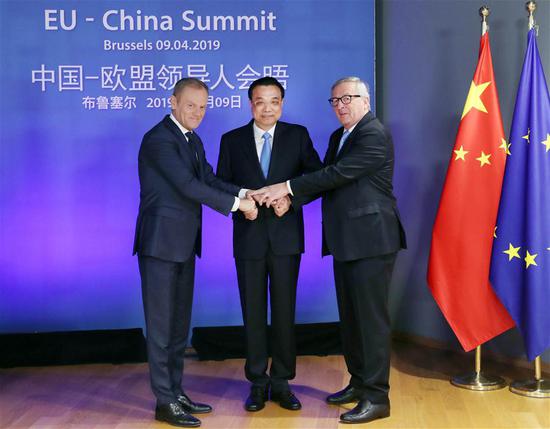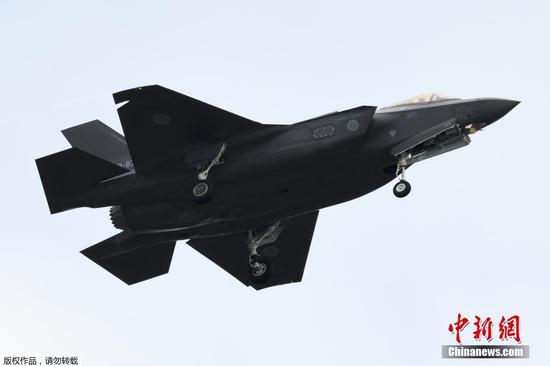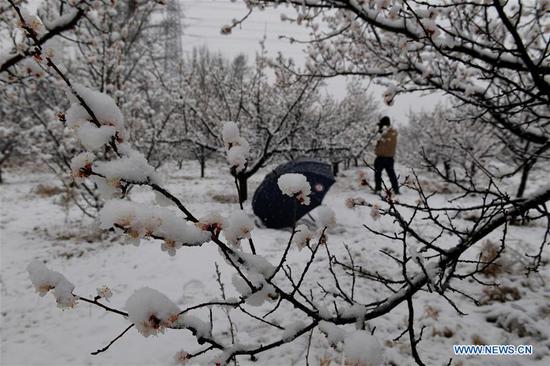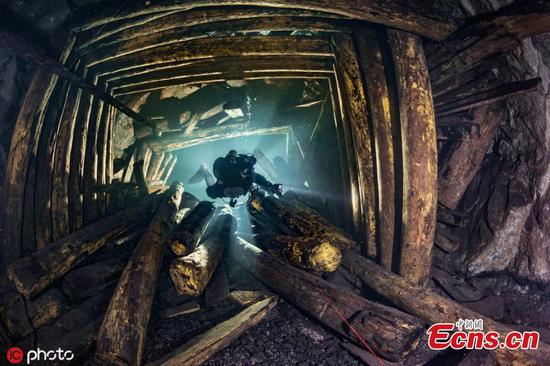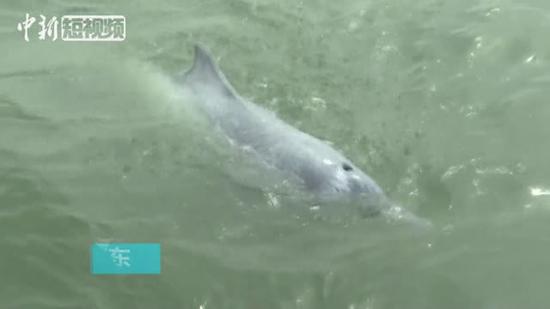WikiLeaks founder Julian Assange has been arrested at the Ecuadorian embassy in London, where he was granted refuge in 2012 while on bail in Britain over sexual assault allegations against him in Sweden, police said Thursday.
Video footage showed that Assange was shouting and gesticulating as he was escorted out of the embassy in handcuffs and put into a waiting Met police van.
Ecuadorean President Lenin Moreno said on Twitter: "In a sovereign decision, Ecuador withdrew the asylum status to Julian Assange after his repeated violations to international conventions and daily-life protocols."
"The MPS (Metropolitan Police Service) had a duty to execute the warrant, on behalf of Westminster magistrates court, and was invited into the embassy by the ambassador, following the Ecuadorian government's withdrawal of asylum," the Met police said in a statement.
British Home Secretary Sajid Javid tweeted: "I can confirm Julian Assange is now in police custody and rightly facing justice in the UK."
Sir Alan Duncan, minister of State for Europe and the Americas at the Foreign and Commonwealth Office, said in a statement that "it is absolutely right that Assange will face justice in the proper way in the UK. It is for the courts to decide what happens next."
Assange's arrest comes a day after WikiLeaks accused the Ecuadorian government of an "extensive spying operation" against Assange by secretly filming his meetings with lawyers and a doctor inside the embassy over the past year.
The relationship between Assange and his host Ecuador has soured over the years. President Moreno said earlier this month that Assange has repeatedly violated protocol and conditions of his stay at the embassy.
"Several times, Mr. Assange has violated the agreement we reached with him and his lawyers," he was quoted by local media as saying.
According to the Ecuadorian president, Assange does not have the right to hack private accounts or phones and cannot intervene in the politics of other countries, especially Ecuador's partners.
Assange had claimed that he might be arrested by the United States if he was extradited to Sweden and face charges relating to WikiLeaks's publication of hundreds of thousands of U.S. diplomatic cables.
Assange, who established WikiLeaks in 2006, has been staying at the embassy since 2012 when he was granted asylum by Ecuador as part of a bid to avoid extradition to Sweden. In 2017, he received Ecuadorian citizenship, resolving the political impasse over his continued presence in Britain.










